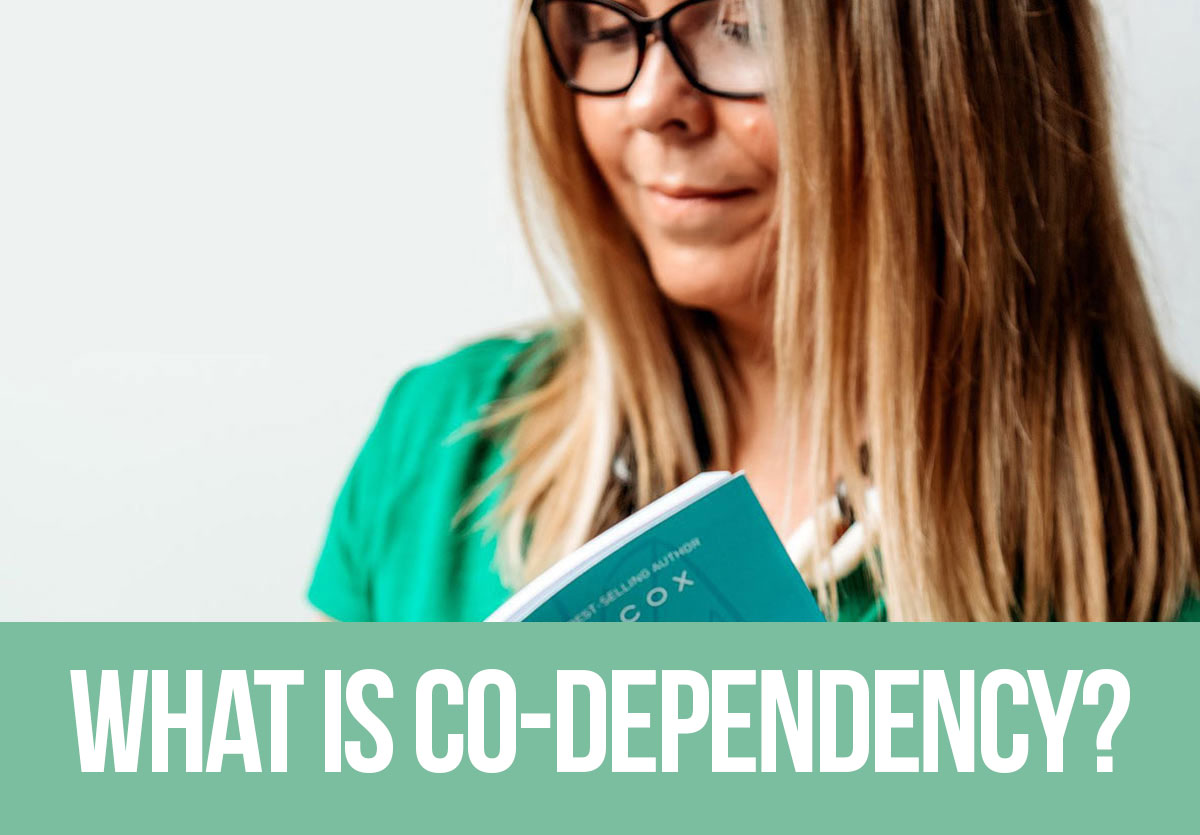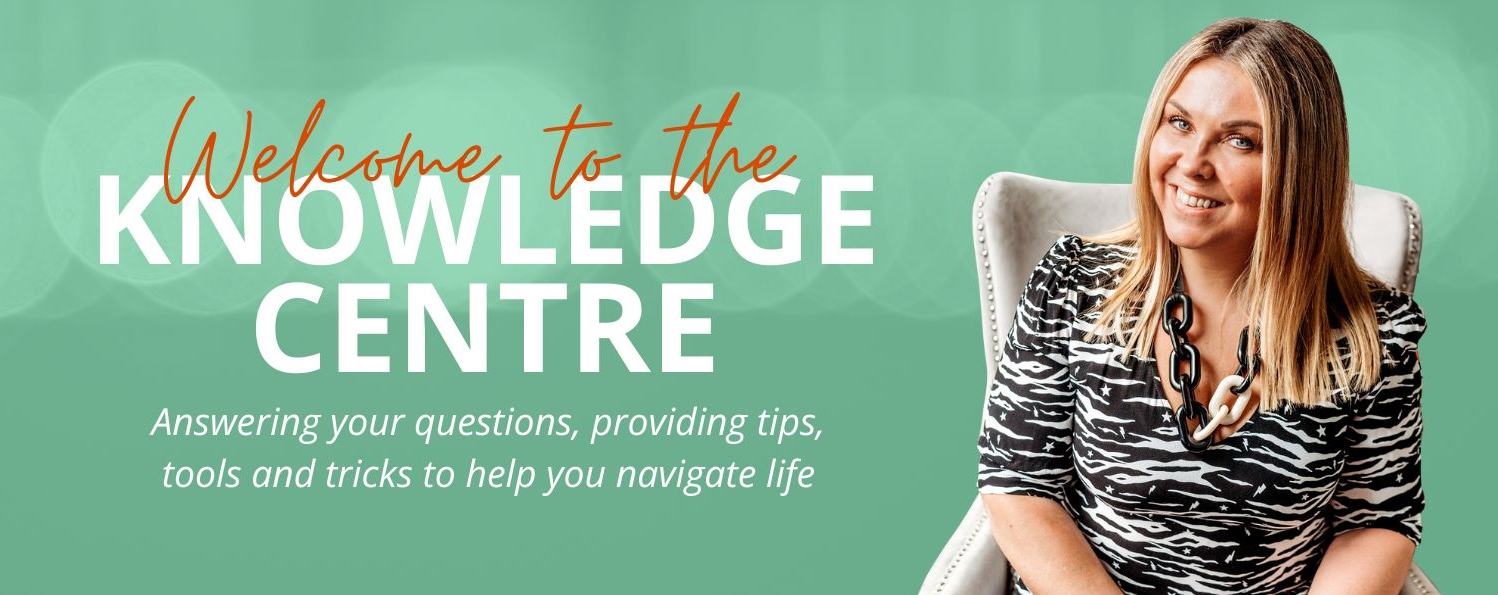
In a co-dependent relationship we become consumed with pleasing our partner, supporting our partner, perhaps even ‘fixing’ our partner. We may plan our days, weeks, months around them, without stopping to ask ourselves what do I want, what do I need? And on the flip-side, we don’t consider if this ‘help’ is what they need or want.
We seek to solve all their problems, soothe all their worries and take all life’s stress off their shoulders. The problem with this self-sacrificing approach is that very often we end-up exhausted, burnt-out and resentful and our partner becomes more dependent and needy.
This my friends, is not a healthy relationship. And it’s worth mentioning that co-dependency doesn’t just take place in romantic relationships. We can experience co-dependency with friends, family members and colleagues too. Interestingly, I see this A LOT in my work with leaders and if you are reading this and recognising yourself, it’s worth reading the section of my book which refers to the Drama Triangle, as the Rescuer role plays in heavily here. There is also an element of this behaviour which feeds our limiting assumptions.
The difference between dependent and co-dependent
It is entirely normal to be dependent on partners, friends and family members to support us through the trials and tribulations of life. A relationship should be a two-way street with equal give and take over time. However, if you have found yourself on a one-way street where you consistently give more to your partner than you give to yourself, you may have shifted from dependence to co-dependence.
Are you a co-dependent?
- Do you need to be needed by your partner?
- Do you make dramatic sacrifices, at the expense of your own wellbeing?
- Do you view yourself as a ‘fixer’ or ‘rescuer’ of people?
- Have you stopped engaging in interests, hobbies or activities outside of your relationship?
- Do you hold back from expressing your own feelings, thoughts and emotions, viewing them as unimportant?
- Do you feel like your identity is wrapped up in your relationship?
Repairing a co-dependent relationship
If all of the above sounds a little too close for comfort, it may be time to step-back and assess the nature of your relationship. Have you become so consumed in co-dependency that you’ve lost yourself somewhere along the way?
Setting boundaries
One of the most important things we can do when we recognise that we are in a co-dependent relationship, is begin setting boundaries to protect ourselves and change the nature of our relationship moving forward.
- Take time to explore where your co-dependency came from, what triggers it and what does it tell you about wounds that may still require healing.
- Set time aside with your partner to discuss what you both need from the relationship. What are your individual and combined relationship goals?
- Carve out time for yourself – spending time with friends/family, taking up a new activity or investing in moments of self-care.
- Challenge yourself to stop rushing in to fix a problem/issue when it arises. Your partner won’t grow if they aren’t given the opportunity to learn.
- Practice saying no – it sounds simple but it’s often the hardest thing in a co-dependent relationship and it will take practice.
- Recognise that you are not responsible for everyone else’s happiness.
- Practice sitting with your own uncomfortable feelings and explore self-soothing practices.
Remember, you can’t keep pouring from an empty cup. Setting boundaries isn’t selfish, it’s a healthy act of self-care and you will be doing your partner, colleague or family members a favour by encouraging them to play an equal role in the relationships you hold.

